Country that refuses to get vaccinated
It approved the world’s first Covid-19 vaccines but it can’t persuade people to take it despite skyrocketing cases and more than 1000 daily deaths.
It’s the country that developed and gave the green light to the world’s first Covid-19 vaccine.
But it’s finding it impossible to persuade many of its own people to take it. Tens of millions are point blank refusing to get jabbed.
Now strict new restrictions are coming into force to halt a surge in Covid cases and more than 1000 deaths a day.
Russia is facing a grim battle in its battle to overcome the pandemic. Distrust in the government, distrust in its vaccine and huge disinformation campaigns online are hampering its efforts.
On Tuesday the mayor of Moscow, Russia’s vast capital city, ordered the city’s first coronavirus restrictions since the northern summer.
“With every day the number of people hospitalised with the severe form of the disease is growing,” Mayor Sergei Sobyanin said.
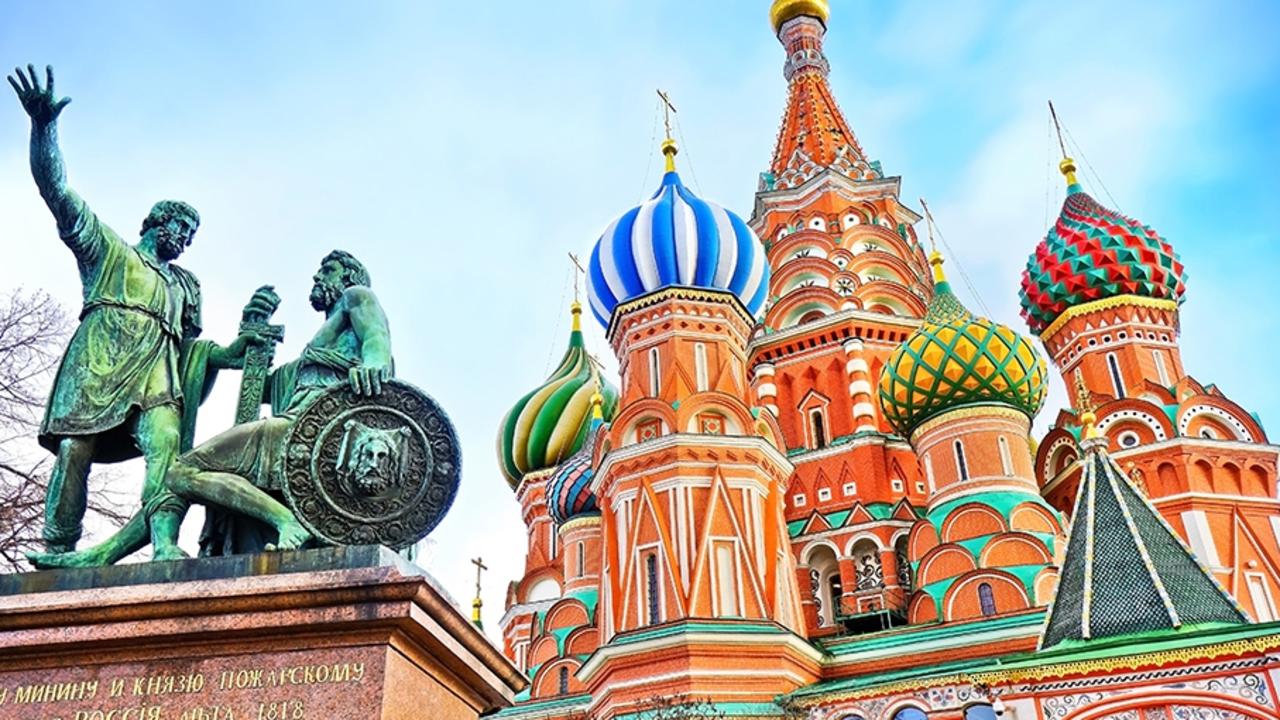
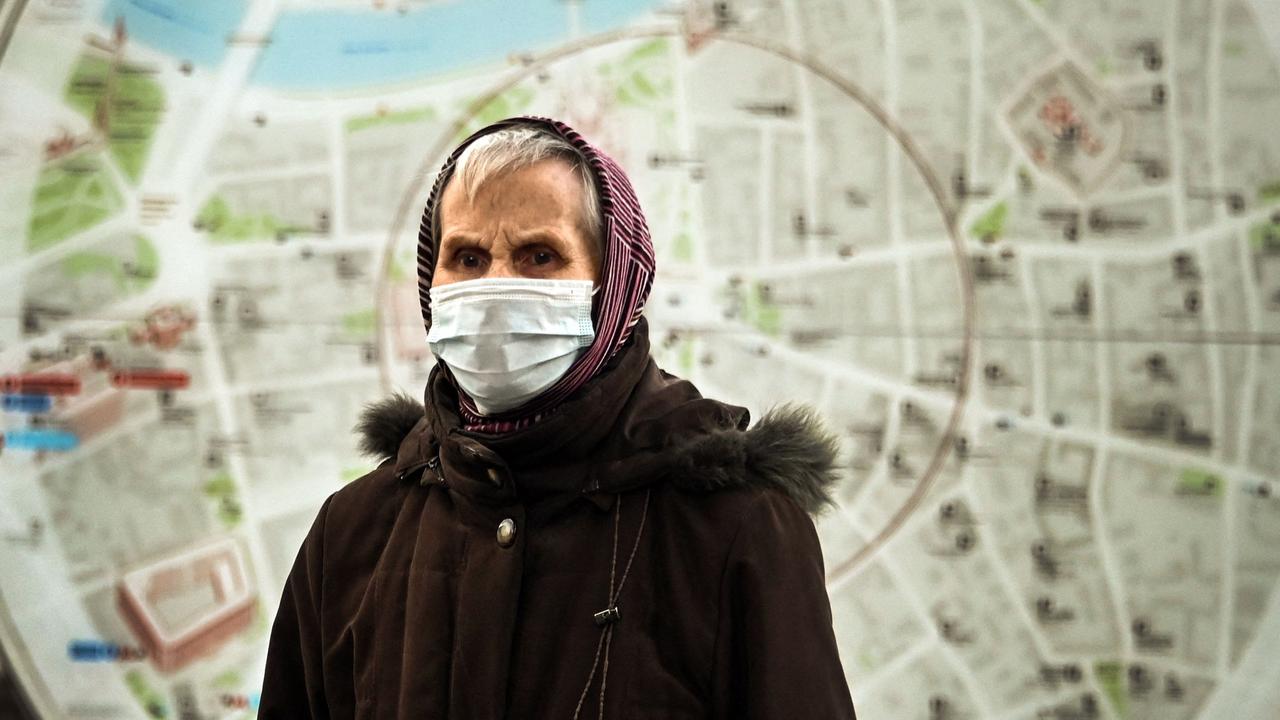
Russia: fewer cases than some countries but far more deaths
The country recorded 33,000 new Covid-19 cases on Tuesday, its highest ever figure. That’s actually 10,000 fewer cases then the UK which is battling its own surge.
But the big difference is in deaths. The UK is recording around 130 fatalities per day on 40,000 cases. Russia may not have as many cases but is seeing an average of almost 1000 deaths a day, more than seven times the amount in Britain.
The other big difference is vaccinations. The UK has double jabbed 68 per cent of its total population.
Russia had hoped to vaccinate 60 per cent of its 144 million strong population by July. It’s not even close. Just 32 per cent of Russians are double dosed.
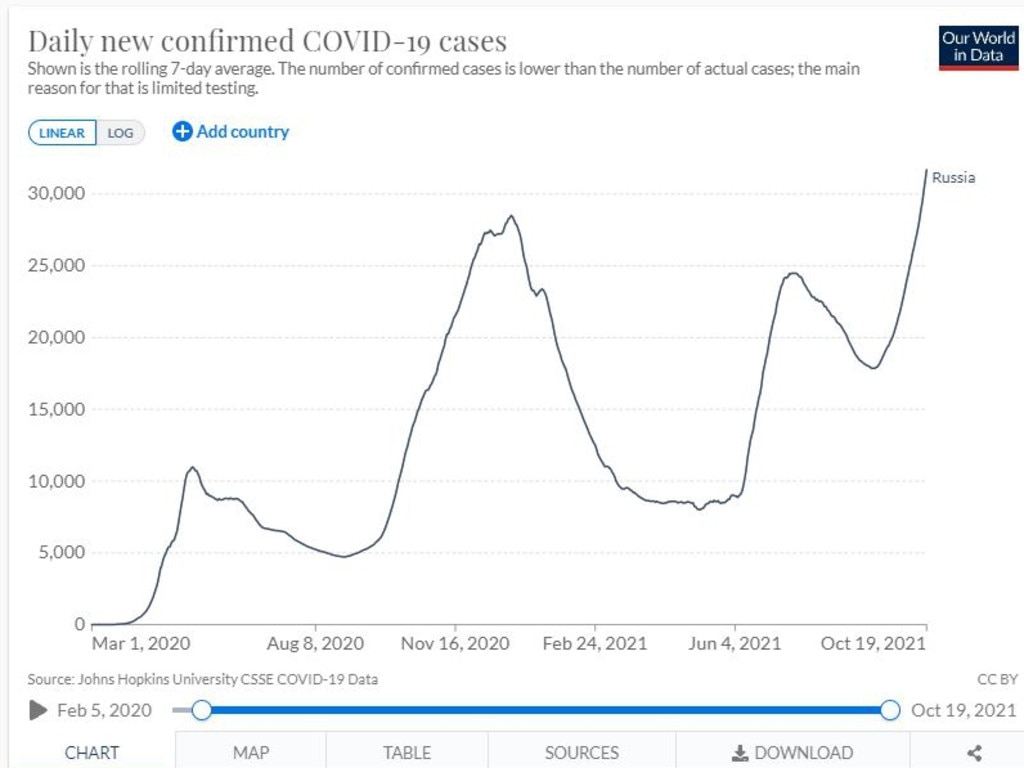
It’s not for the want of trying. Moscow wowed the world in August 2020 when it proudly showed off its homegrown Sputnik V vaccine and announced it had approved it for use – the first country in the world to do so.
Various studies have claimed it to have high efficacy and no major side effects.
Russians have now had 14 months to get Sputnik V – yet not even a third have bothered.
Mr Sobyanin said the authorities had hoped older Muscovites would vaccinate themselves after returning from the countryside at the end of the summer.
“Unfortunately, this did not happen,” he said.
Independent polls show that more than half of Russians do not plan to get a shot, despite appeals from President Vladimir Putin.
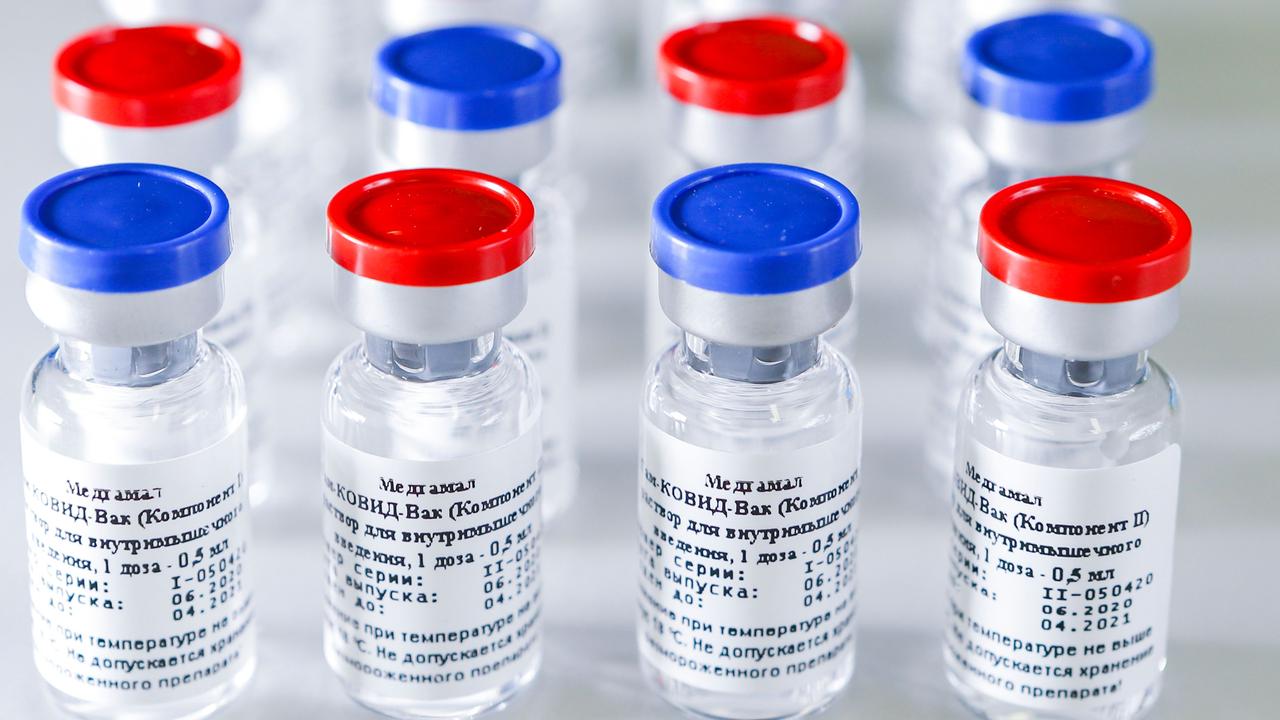
Government ‘lost’ the information campaign
Pyotr Tolstoy, deputy chairman of the Duma, the parliament's lower house, said at the weekend that the authorities had “completely lost” an information campaign on coronavirus.
“There is no trust in people to go and vaccinate themselves, it is a fact,” he said.
Mr Putin’s spokesman on Tuesday urged Russians to be “more responsible” and admitted that the government could have done more to explain the “lack of alternative to vaccines”.
“There is a tradition to blame everything on the state,” Dmitry Peskov told reporters.
“But at the same time, we need a more responsible position from citizens of our country.” Western vaccines are not available in Russia, and Mr Peskov insisted that bringing them into the country would not help the sluggish vaccination rates.
“The vaccinophobia of some citizens is not linked to the brand of vaccines,” he said.
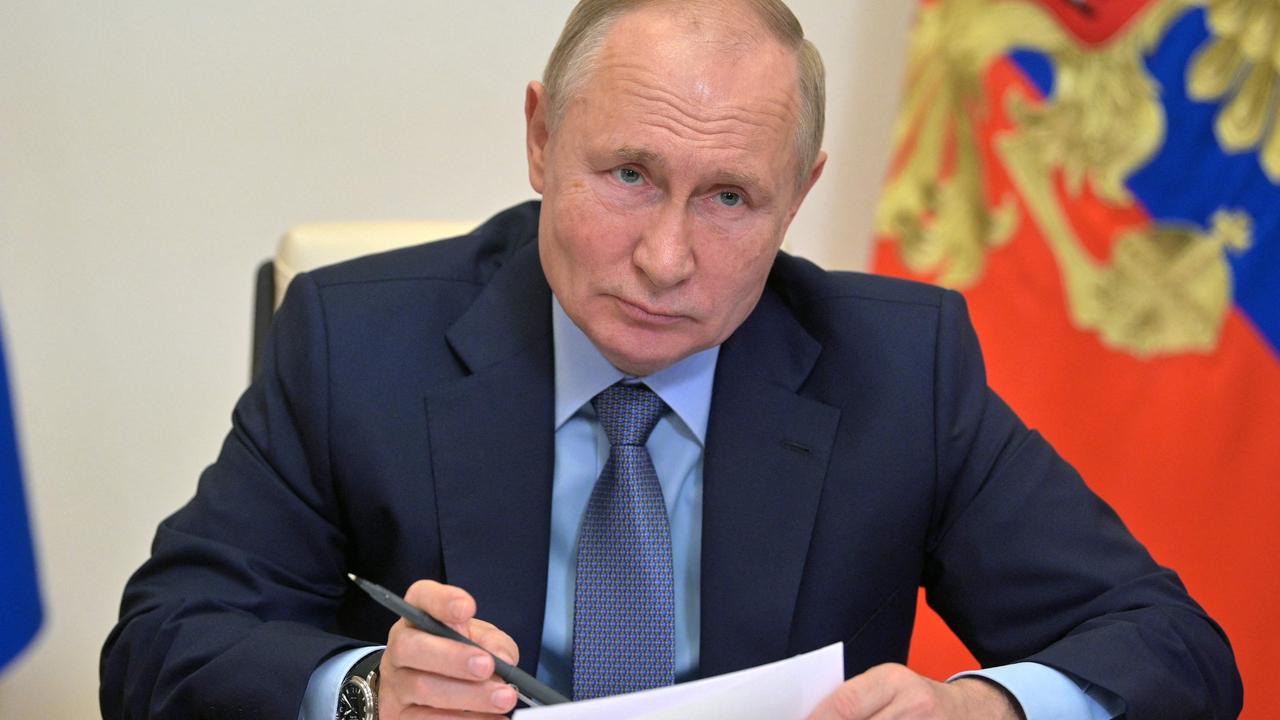
Even Putin didn’t seem keen on the vaccine
Part of the hesitancy may stem from Mr Putin’s own sluggishness at getting the vaccines he bragged to the world about.
It took until March for him to get jabbed, more than six months after Sputnik V was approved. Even then the injections were done behind closed doors with no cameras present.
Mr Putin said he was not a “performing monkey”.
Not that he has a qualms getting snapped shirtless atop various horses.
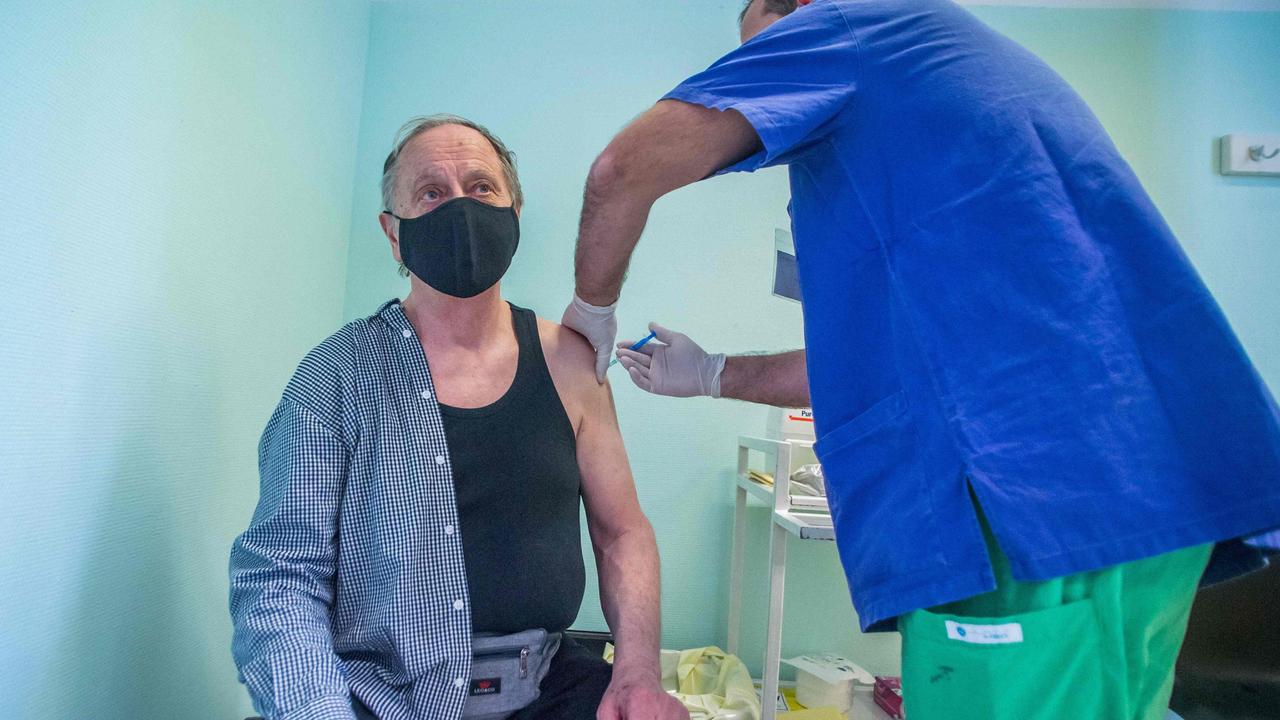
Russians’ ‘deep rooted mistrust’
Writing on website The Conversation, Arik Byrakovsky who studies Russian politics at the US’ Tufts University said Russians remain unconvinced vaccines are safe.
“Russians’ deep-rooted mistrust in institutions will hamper the country’s efforts to move past the pandemic.
“Most vaccine detractors say they would refuse to get inoculated under any circumstances or until there are no proven side effects,” he said.
Vaccine hesitancy may have been spurred on because some feel Sputnik V was rushed into being. In addition, only a few countries outside Russia have bought the vaccine with western nations preferring Pfizer, Moderna and AstraZeneca.
There have also been lingering doubts about whether Sputnik V is all it’s cracked up to be. While it’s generally considered to be effective, it’s also hit some roadblocks.
In May renowned medical journal The Lancet highlighted “data discrepancies” and “errors’ in a positive analysis of the Russian jab it had itself published just months beforehand. Yet, there’s no suggestion it’s not effective.
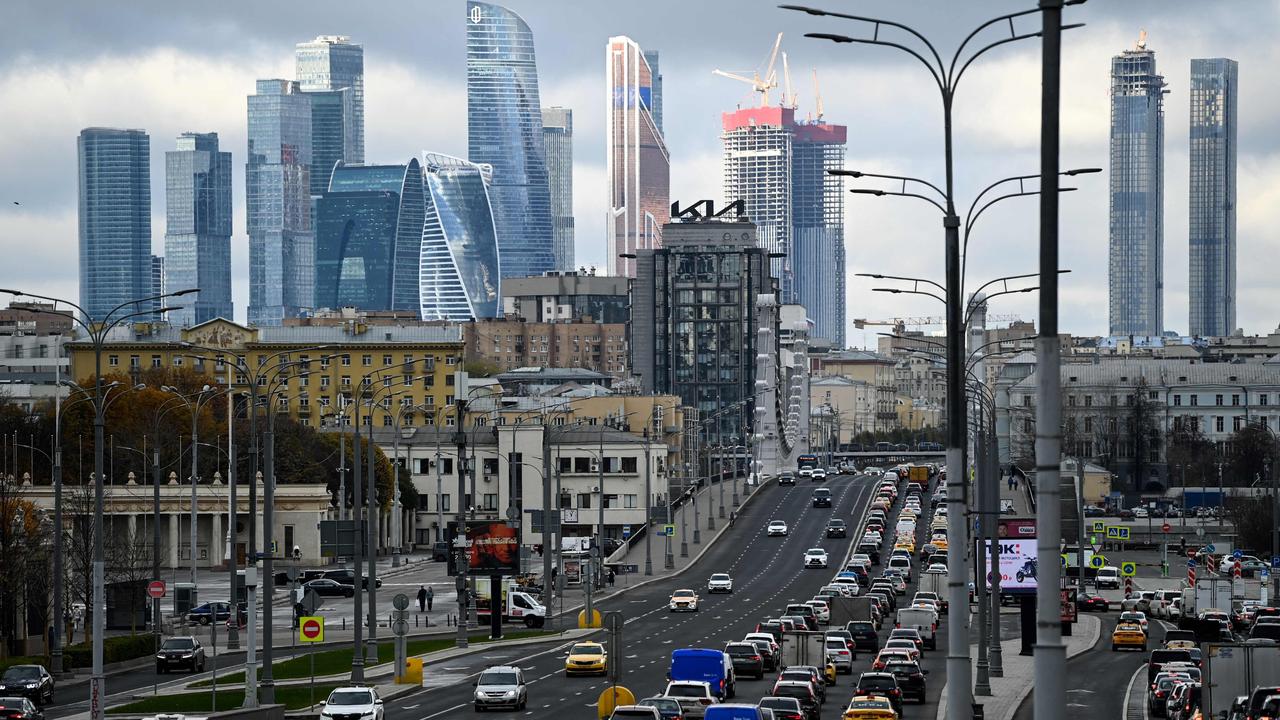
Fewer jabs, more restrictions
Moscow Mayor Sobyanin has now ordered unvaccinated over-60s in the capital to work from home and extended mandatory vaccinations for service workers. Those restrictions take effect next Monday and are set to last until the end of February.
On Wednesday, President Putin said the country workers should stay home for a week from October 30 to kerb rising numbers.
“Our task today is to protect life and health of our citizens and minimise the consequences of the dangerous infection,” Putin said in a video call with top officials.
But if Russia is to have a chance of getting on top of Covid-19, it needs to get jabs in arms.
“That is unlikely to change, barring a major shift in tactics,” said Mr Byrakovsky
“If the authorities want to reduce vaccine hesitancy, they will need to work diligently to restore trust in institutions.”



